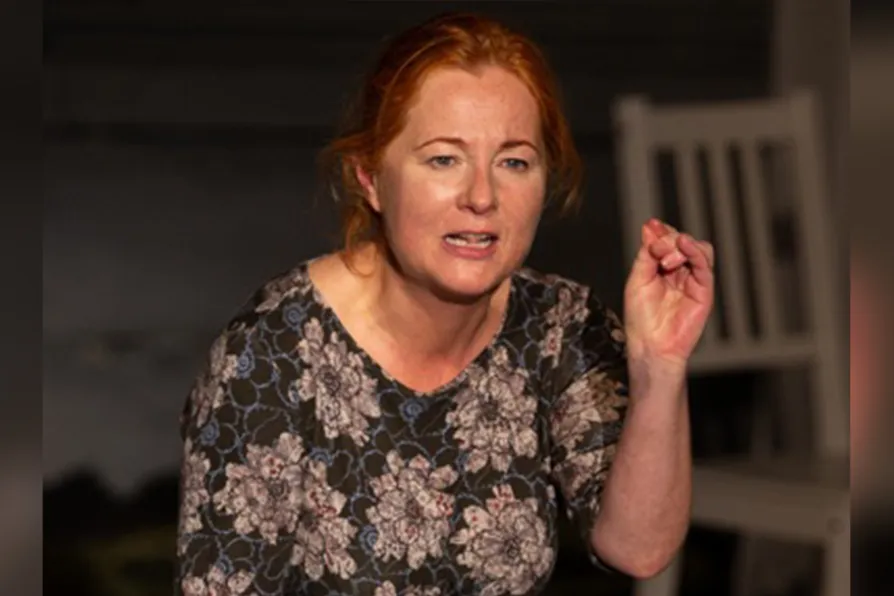New releases from Van Morrison, Tyler Ballgame, and Dry Cleaning

 Living flame: Angela Murray
[Stephanie Claire]
Living flame: Angela Murray
[Stephanie Claire]
THIS tale of grief and loss by Frank McGuinness opens with Sal, on a remote Irish island, telling us that she “won’t talk about my daughter” but who then proceeds, almost unknowingly, to share the devastating tale of how her daughter died at 12 years of age in what's an engrossing and emotionally affecting narrative.
Sal’s story, though delivered as a monologue, is the length of a full-blown play and as dense with detail. Though delivered solely by Angela Murray, the illusion is of vivid and red-blooded characters, as if a dozen actors were on stage.
Though Paul Lloyd’s atmospheric set, with the sand and shells of this ghostly island a spiritual home for Sal, is seemingly grounded in one place yet she nevertheless meanders elsewhere through time and space — from the bedroom with its rabbit hutch to the mortuary slab and from the media news desk to the cold, hard and unhomely house where the police come to visit.

Although this production was in rehearsal before the playwright’s death, it allows us to pay homage to his life, suggests MARY CONWAY

MARY CONWAY is stirred by a play that explores masculinity every bit as much as it penetrates addiction

MARY CONWAY applauds the revival of a tense, and extremely funny, study of men, money and playing cards











